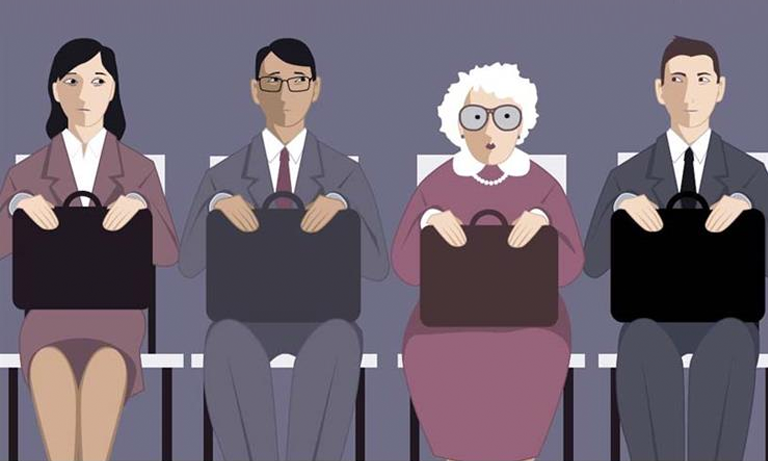 Over five million workers over 50 had serious concerns about the impact of deferred retirement on their health
Over five million workers over 50 had serious concerns about the impact of deferred retirement on their healthRecent research has highlighted concerns among workers over 50 about health issues brought about by longer working lives, and the lack of employer support to address health worries.
This research, conducted by Aviva, across over 5 million workers, found that many of these older employees are highly motivated to work, primarily for financial reasons, but a surprising number (around 34%) of the over 50s do so for stimulation and social interaction with others. However, their commitment is tempered somewhat by worries over health issues, limiting their working life and their ability to enjoy their eventual retirement. In some cases (roughly 13%), survey respondents were already affected by health problems.
Although 13% of older employees do not yet know when they will be able to retire fully, a significant majority, representing 3.6 million people, expected an earlier retirement age 10 years ago than they do now. In 2010, the average man could expect a retirement age of 65, with women expecting to retire at age 62. By comparison, 2017 expectations stand at age 66 for both men and women, although approximately one in four have plans to continue beyond the age of 70. 13% of those polled do not expect to ever retire fully and two in five people don’t know when they will be able to retire fully.
Whilst the trend towards a longer working life is forced on many because of underfunded pension planning, this is exacerbated by the cost of living, with approximately a third of people being unable to retire when they would like to.
Over five million workers over 50 had serious concerns about the impact of deferred retirement on their health. Worries ranged from health issues actually preventing or reducing their ability to work until retirement, through to their continued employment impacting on their quality of life when they did actually retire.
Somewhat shockingly, only 14% of the respondents felt that their employers and the general culture in the workplace was positive towards the older worker. Only one in five felt that their employers provided them with advice or support on general health and well-being, which was appropriate to their age and longer working life. Initiatives within the workplace were equally scant in terms of practical initiatives that could help prevent damaging health issues.
The research concluded with a call to employers to provide far more support to their older workers in terms of wellbeing advice and practical assistance to address these real concerns, and to be proactive with initiatives to manage health issues that are likely to be of concern for older employees.
Recruiters love this COMPLETE set of Accredited Recruitment & HR Training – View Training Brochure








